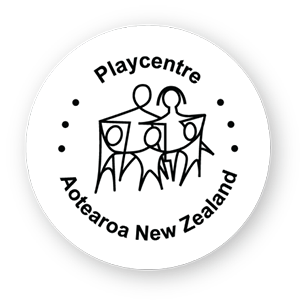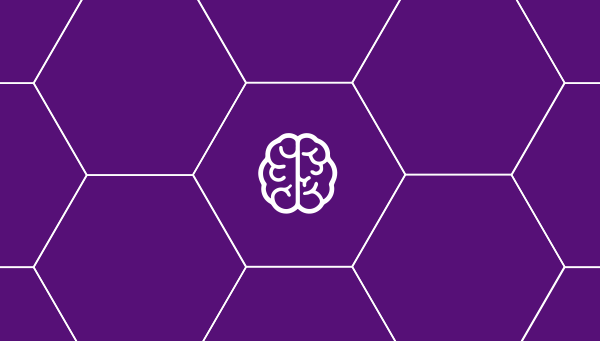Written by Keryn O’Neill MA, PGCertEdPsych, Knowledge Manager
Our stress response systems are important because they help us survive and deal with stressful situations; but can also be toxic to the brain and body when they are activated too often, for too long, or when a child is not well supported.
The stress babies and tamariki experience can be divided into three broad categories:
- Positive stress: short-term stress, involving moderate changes in the body (e.g. small changes in hormone levels, a brief increase in heart rate (e.g. meeting a new person)
- Tolerable stress: a more serious stress response (e.g. high cortisol levels) but usually short-term, and with consistent adult support available (e.g. car accident, death of a grandparent)
- Toxic stress: strong, repeated, or ongoing activation of the body’s stress response system (e.g. ongoing high levels of the stress hormone cortisol), without supportive adult relationships (e.g. neglect, family violence).
Not all stress is harmful.
The impact of stress on tamariki depends on several things including:
- How long the stress lasts (e.g. a routine injection versus ongoing medical procedures)
- How strong/intense the stressful experience was (e.g. minor disappointment versus the death of a parent)
- Their age and stage of development
The conditions and circumstances surrounding the individual tamaiti e.g.
- Having had past stressful experiences (e.g. previous experiences of toxic stress can make a child more sensitive to later stress i.e. stress can often be cumulativ
- Whether or not tamariki have safe, dependable, adults who support them well.
Effects of stress
Positive and tolerable stress:
- Can build a healthy system able to respond to stress in the future
- Positive stress is a normal and necessary part of healthy development
Toxic Stress:
- Can negatively affect the development of the brain, and all biological systems (e.g. the immune system) in the body
- Causes brain changes that can negatively affect a child’s ability to handle their feelings, pay attention, manage their behaviour, and learn
- Can result in both over and under-regulation of the stress response
- Can be harmful to learning, behaviour, and health, throughout life
Ways our body helps us to deal with stress
Two of the systems involved in our body’s response to stress are:
- The sympathetic nervous system. This sets off an immediate ‘fight, flight, freeze’ response
- The hormonal system (Hypothalamic-Pituitary-Adrenal system). The back-up system which can prolong our body’s stress response when needed.
Two key hormones released from the adrenal gland also help prepare the body for coping with stress. These are:
- Adrenalin
- Cortisol
Babies and Stress
- Pēpi and tamariki are never too young to be affected by stress
- Pēpi can be affected by their mother’s stress, even before they are born
- Because babies’ brains are developing so rapidly, stress that is extreme or repeated may be especially harmful during infancy.
Relationships Matter
- The relationships tamariki have with their caregivers play a crucial role in regulating stress hormone production in their early years.
- Tamariki learn to regulate stress as they grow, mostly by being supported by the adults around them (e.g. cuddling pēpi when they’re upset). They can’t do this by themselves.
Points to note
- The ability to respond to threat is necessary for survival
- Individuals respond differently to early stressful experiences, even when the experiences might appear similar
- Those who have been exposed to significant early stress do not always develop stress-related disorders, but are at higher risk
- Repeated thoughts focused on negative events reoccurring can be as stressful as the events themselves (e.g. wondering when family violence will happen again)
- Our body responds to both physical and emotional stress.
To sum up
Stress can be harmful or healthy – it depends on how intense the physical bodily response is, how long that response lasts and what supports are available to the child.



